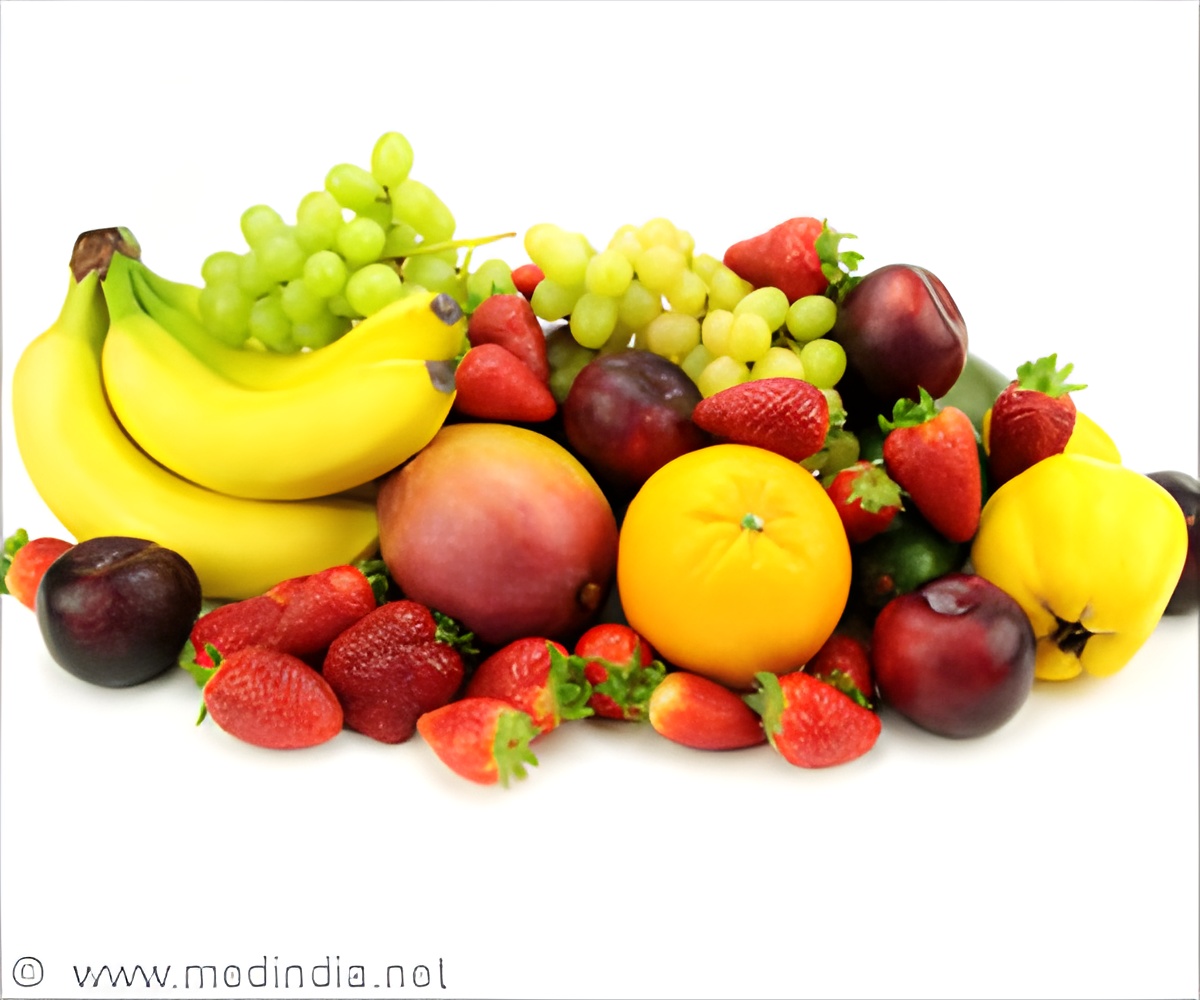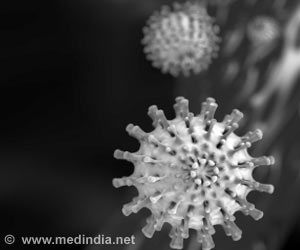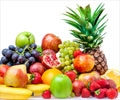Antioxidants in fruits and vegetables prevents the aging of the thymus gland, which produces T lymphocytes that help the body fight infections.

"The thymus begins to atrophy rapidly in very early adulthood, simultaneously losing its function. This new study shows for the first time a mechanism for the long-suspected connection between normal immune function and antioxidants," said TSRI Professor Howard Petrie.
The researchers developed a computational method for analyzing the activity of stromal and lymphoid cells, which are the two major thymic cells. Researchers examined these cells on mouse tissues. They found a deficiency of an antioxidant enzyme called catalase in stomal cells, which had resulted in high levels of reactive oxygen by-products of metabolism and metabolic damage.
The researchers increased the levels of catalase in animal models to confirm the significant role of the enzyme. They found that it preserved the thymus size for a longer period.
Animals that were given two dietary antioxidants, including vitamin C protected them from age related deterioration of the thymus.
The findings provide support for the “free-radical-theory” of aging, which proposes that reactive oxygen species produced during animal metabolism such as hydrogen peroxide, cause damage to cells that contributes to aging and age-related diseases.
Advertisement
The research is published in the journal Cell
Advertisement















